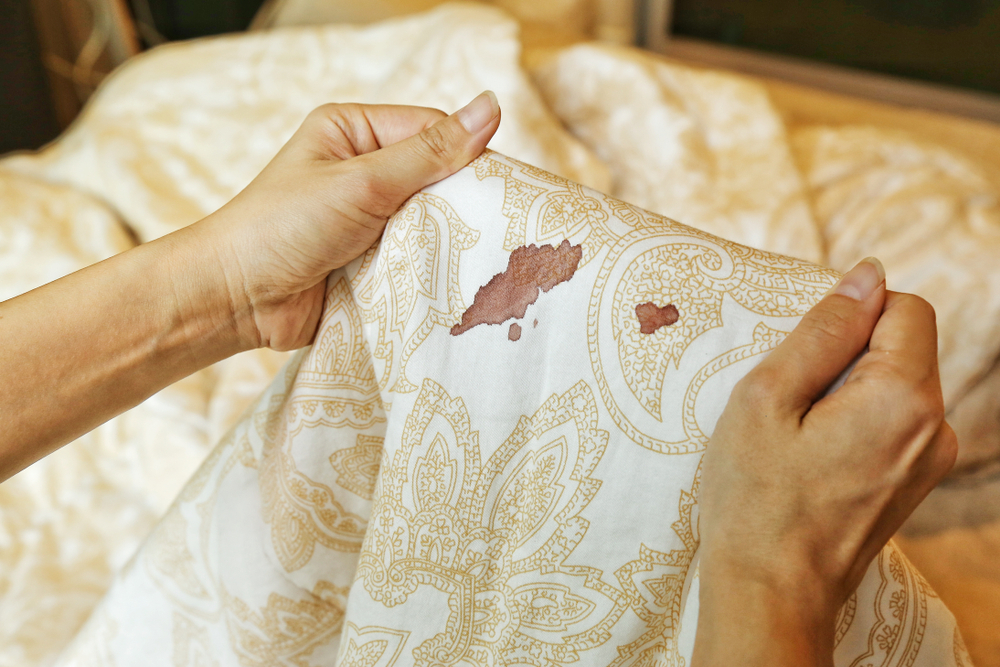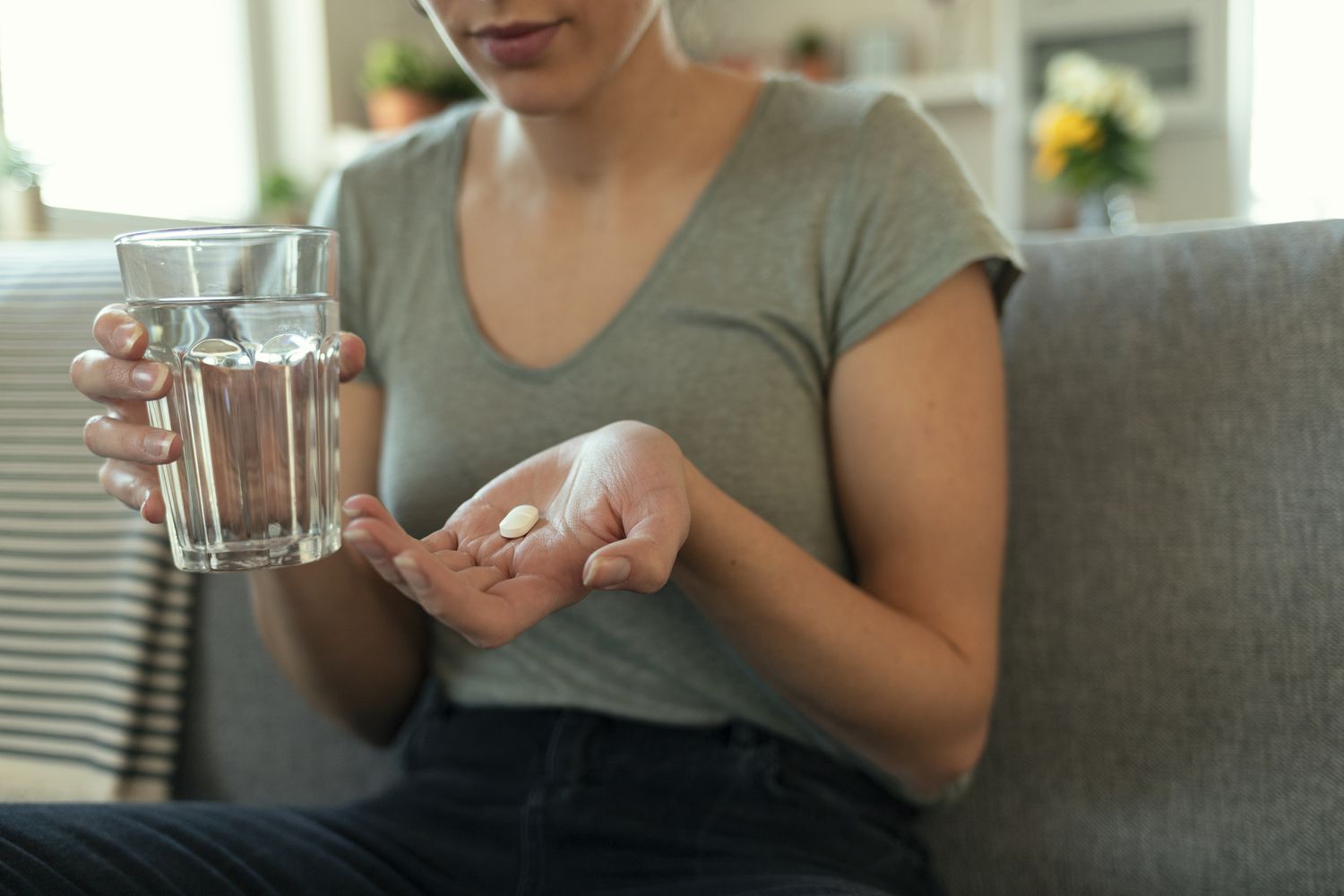Supplements can play an important role in supporting hormonal balance and managing irregular spotting. While diet and lifestyle are essential, certain vitamins, minerals, and herbal supplements provide targeted support for your reproductive system. These natural aids help regulate estrogen and progesterone levels, reduce inflammation, and promote a healthy menstrual cycle.
In this blog, we’ll explore the best supplements that support hormonal health and help you maintain a steady, healthy menstrual flow.
Understanding Spotting and Hormonal Imbalance
Spotting refers to light bleeding that occurs outside your normal menstrual period. It can appear as a few drops of blood on your underwear or when you wipe, and it’s usually lighter in color than your regular menstrual flow. While spotting once in a while might not be a cause for concern, frequent or unpredictable spotting can be a sign that your hormones are out of balance.

Your menstrual cycle is controlled by several hormones, mainly estrogen and progesterone. These hormones work together to regulate ovulation and prepare your uterus for menstruation. When either of them becomes too high or too low, it can disrupt your cycle, leading to irregular bleeding or spotting. Other hormones such as thyroid hormones, insulin, and cortisol also play a part, meaning stress, diet, or underlying conditions like PCOS (Polycystic Ovary Syndrome) and thyroid disorders can also contribute.
Recommended: Why Am I Spotting After Unprotected Sex?
Understanding what’s happening in your body is the first step toward finding balance. Once you know your spotting might be connected to hormonal changes, you can start supporting your body with the right supplements, lifestyle habits, and medical guidance to restore hormonal harmony.
How Hormones Affect Menstrual Health
Hormones are the body’s chemical messengers, and they play a major role in regulating your menstrual cycle. Each month, a delicate balance between estrogen, progesterone, follicle-stimulating hormone (FSH), and luteinizing hormone (LH) determines when you ovulate and when your period begins. When this balance shifts even slightly, it can affect the timing, flow, and symptoms of your menstrual cycle.
During the first half of your cycle, estrogen helps the uterine lining grow and prepares the body for ovulation. After ovulation, progesterone takes over to stabilize that lining. If fertilization does not occur, both hormones drop, which triggers your period. However, when one hormone is higher or lower than it should be, such as low progesterone or excess estrogen, it can cause irregular bleeding or spotting between periods.
Other hormones like cortisol (the stress hormone) and insulin (which affects blood sugar) also influence your menstrual health. Chronic stress or an unbalanced diet can increase cortisol and insulin levels, which may interfere with ovulation and cause unpredictable spotting or missed periods.
In short, maintaining hormonal balance is key to having a regular and healthy menstrual cycle. Understanding these hormonal connections helps you make better choices about supplements, diet, and lifestyle changes that support your reproductive health.
Best Supplements for Regulating Hormones and Reducing Spotting
When your hormones are out of balance, your body often sends signals through irregular cycles, mood changes, fatigue, or spotting between periods. While lifestyle changes such as eating a balanced diet, exercising regularly, and managing stress are important, certain natural supplements can also play a key role in restoring hormonal balance. These supplements provide the nutrients your body needs to support hormone production, metabolism, and overall reproductive health.
1. Vitex (Chasteberry)
Vitex is one of the most popular natural remedies for balancing hormones. It helps stimulate the pituitary gland to increase progesterone production, which can regulate menstrual cycles and reduce spotting caused by low progesterone levels.
Recommended: 7 Best Supplements for Postpartum Hair Loss
2. Maca Root
Maca is an adaptogenic herb that supports the endocrine system, which is responsible for hormone production. It helps balance estrogen and progesterone while improving energy, mood, and fertility.
3. Evening Primrose Oil

Rich in gamma-linolenic acid (GLA), evening primrose oil supports estrogen balance and helps reduce PMS symptoms such as breast tenderness and irregular bleeding.
4. Magnesium
This essential mineral supports adrenal health and helps the body cope with stress, which is crucial because chronic stress can disrupt hormone levels. It also supports better sleep and mood regulation.
5. Vitamin B6:
Vitamin B6 supports progesterone production and helps maintain a stable hormonal balance throughout the menstrual cycle. It also improves mood and reduces symptoms of PMS.
6. Zinc:
Zinc plays a key role in ovulation and hormone metabolism. It helps regulate progesterone levels and supports reproductive health, making it useful for women who experience spotting or irregular cycles.
7. Omega-3 Fatty Acids:
Omega-3 reduce inflammation in the body and support hormone balance by improving cell function. They also promote a healthy menstrual cycle and help relieve cramps and other PMS symptoms.
Recommended: 9 Best Supplements For Perimenopause Weight Gain
These natural supplements can be powerful tools in supporting hormonal health, especially when combined with a nutrient-rich diet and a healthy lifestyle. However, it is always best to consult a healthcare professional before starting any supplement to ensure it fits your individual needs.
Lifestyle and Dietary Support for Hormonal Balance
While supplements can play an important role in regulating hormones, your daily lifestyle and diet have just as much impact. The way you eat, sleep, and manage stress can either support or disrupt your hormonal system. Creating healthy habits helps your body naturally restore balance, reduce spotting, and maintain a regular menstrual cycle.
1. Eat a Hormone-Friendly Diet
Include foods that support hormone production and metabolism, such as leafy greens, avocados, whole grains, and lean proteins. Foods rich in omega-3 fatty acids like salmon, walnuts, and chia seeds can also help reduce inflammation and support hormonal health. Limit processed foods, refined sugar, and excessive caffeine since they can raise cortisol levels and worsen hormonal imbalance.
2. Stay Hydrated
Water helps your body flush out toxins and maintain proper blood circulation. Dehydration can slow down your metabolism and affect how your hormones function. Aim to drink enough water throughout the day to support overall body balance.
3. Manage Stress Levels
Chronic stress increases cortisol, a hormone that can interfere with estrogen and progesterone balance. Try relaxation techniques such as deep breathing, yoga, journaling, or meditation. Even taking short walks or spending time in nature can help calm your mind and lower stress levels.
4. Get Enough Sleep

Quality sleep allows your body to repair itself and regulate hormone production. Aim for seven to nine hours of sleep each night, and try to maintain a consistent sleep schedule. Poor sleep habits can disrupt the balance of hormones like insulin and cortisol, leading to irregular cycles.
Recommended: Is Lack of Sleep Affecting My Testosterone Levels?
5. Exercise Regularly
Regular physical activity supports healthy circulation, reduces stress, and helps regulate weight, all of which are important for hormonal balance. Activities like brisk walking, swimming, or light strength training can help your body maintain a healthy rhythm without causing excessive stress.
6. Avoid Excessive Toxins
Certain chemicals in plastics, cosmetics, and cleaning products can mimic hormones and disrupt your endocrine system. Choose natural or organic products whenever possible and avoid heating food in plastic containers.
By combining healthy habits with the right supplements, you can support your hormones naturally and reduce the chances of spotting or irregular periods. Small daily changes can make a big difference in helping your body stay balanced and strong.
Conclusion
Hormonal balance is essential for maintaining a healthy menstrual cycle, and spotting is often a sign that your body needs a little extra support. By understanding how your hormones work and incorporating natural supplements such as Vitex, Maca root, and Omega-3s, you can help your body restore its natural rhythm. However, supplements work best when paired with a healthy lifestyle that includes nutritious foods, regular exercise, good sleep, and stress management.
Every woman’s body is different, so it may take some time to find what works best for you. If spotting continues or becomes heavier, it is always wise to speak with a healthcare professional to rule out underlying conditions. With patience, consistency, and proper guidance, you can achieve better hormonal health and enjoy a more balanced, predictable menstrual cycle.
